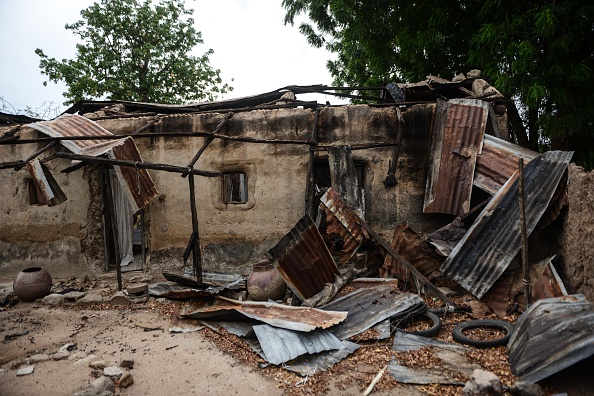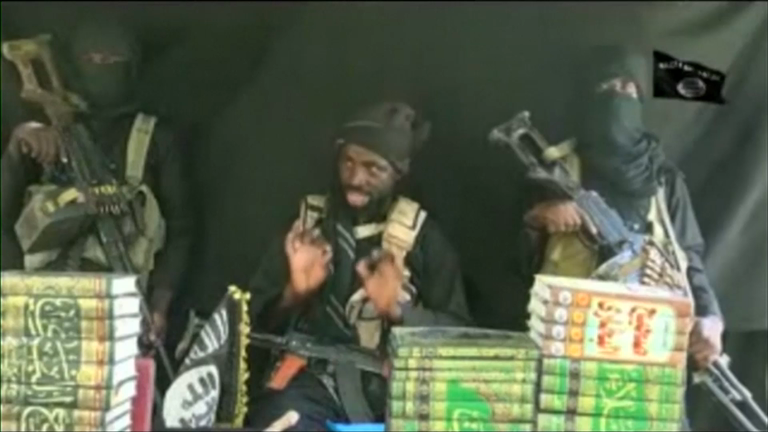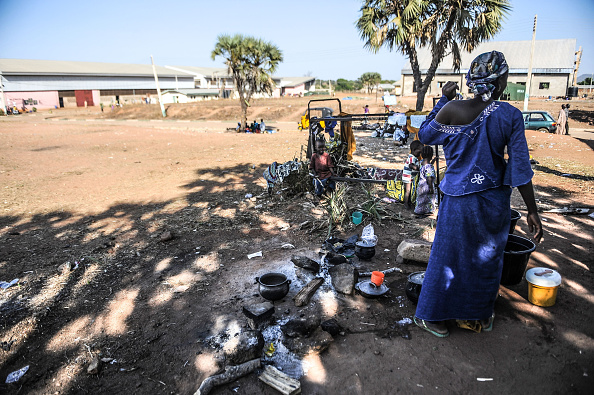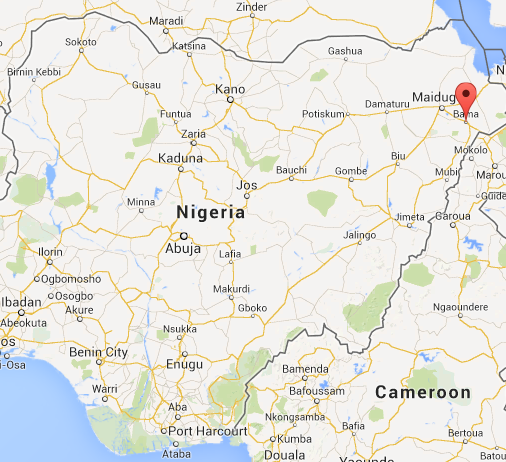Nigeria mosque suicide bombing leaves 50 dead
Suspicions likely to fall on Boko Haram, blamed for the death of 20,000 people since 2009.





At least 50 people have been killed in a suicide bombing at a mosque in northern Nigeria, police have said.
The attack took place in Mubi, in Adamawa State, during morning prayers on 21 November, local media has reported.
Police spokesman Othman Abubakar told AP they were "still trying to ascertain the number of injured because they are in various hospitals".
A resident told the Premium Times: "As people converged on Massalacin Madina at Anguwan Shuwa to observe Subh (morning prayer), an unknown man rammed himself into the mosque with IEDs [improvised explosive device], killing many people," a resident told the Premium Times.
No-one has claimed responsibility for the attack, but suspicions are likely to fall on the Boko Haram terror group, which often carries out attacks against civilians in the country's north-east.
Their violent insurgency, which began in 2009, has claimed more than 20,000 lives and has displaced millions of people.
Adamawa - along with Borno and Yobe states - has been under state of emergency for years due to violence.
Boko Haram fights against Western influence in Nigeria and aims to impose its version of Sharia law throughout occupied territories. In 2016, the group officially formed an alliance with the islamic State (Isis) terror group.
The group used to control territory the size of Belgium. However, Nigeria's ongoing military operation, Lafiya Dole, and a regional offensive – consisting of 8,700 troops from Nigeria, Niger, Chad, Cameroon and Benin – have scored some successes, with soldiers recapturing key territories and releasing thousands of civilians held captive by the group.
Last year, the army claimed it had stormed Boko Haram's last known stronghold in Sambisa Forest, which the group denied.
Earlier this year, a Boko Haram faction released 82 girls who had been held captive since April 2014. The release was the result of negotiations that involved several actors, including the Swiss government.
The release suggested there could be further collaboration between the government and the group, now split in at least two factions, after Isis replaced Abubakar Shekau as leader with Abu Musab al-Barnawi, a former Boko Haram spokesperson.
The country's government and army have often claimed the fight against the insurgents is over, but violence continues.






















